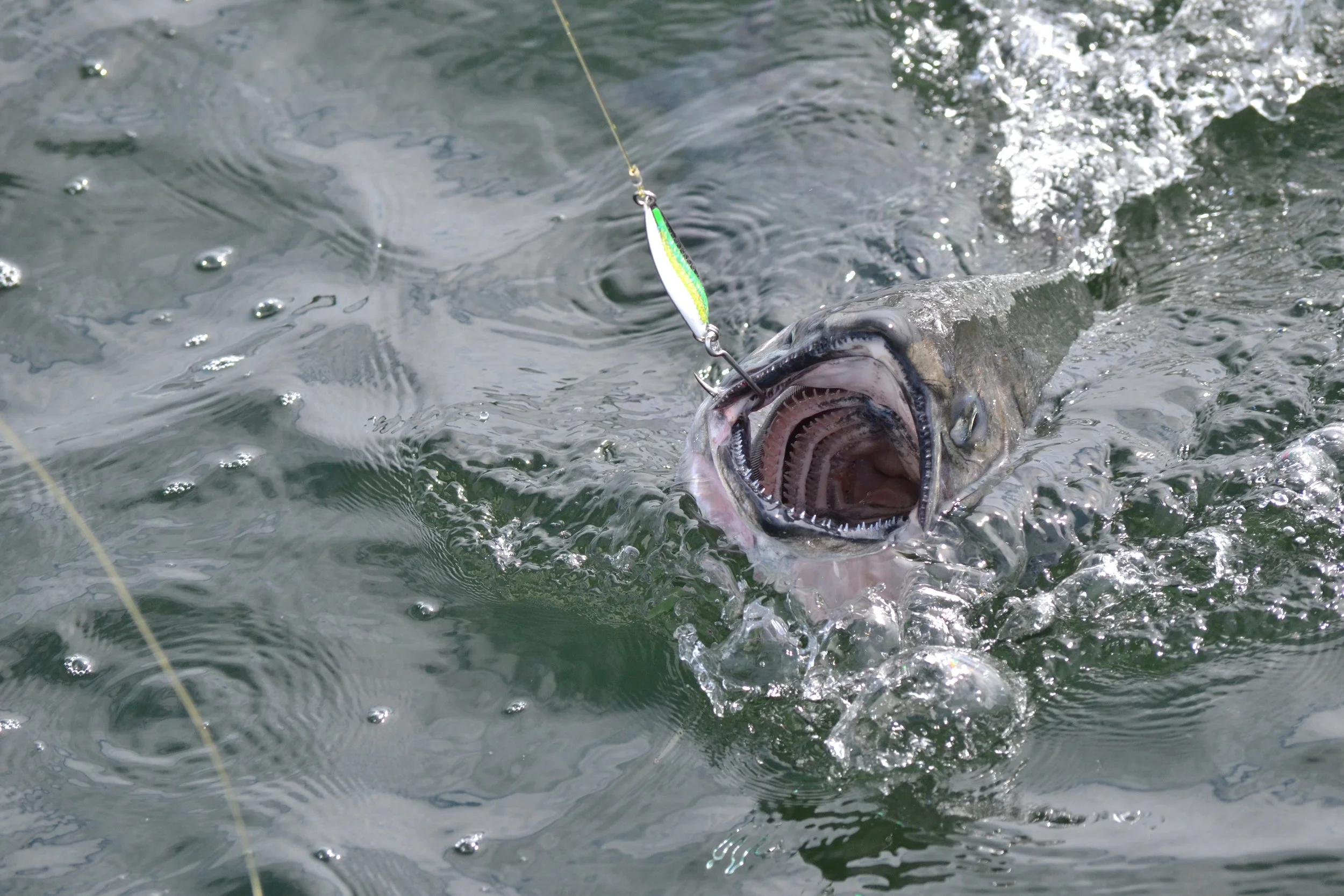ALFA Members,
The North Pacific Fishery Management Council is meeting in Kodiak, AK this week (June 4-11). The NPFMC regularly holds meetings in Anchorage, as a result council meetings held in rural locations are important opportunities for community participation in the policy arena. Important topics concerning fishery policy, stock health, ecological sustainability, social issues, catch limits, and management schemes are often discussed at these meetings. These meetings also bring together Council members and community members fostering invaluable interactions and information sharing. During this particular meeting, stakeholders and community members will have a chance to comment on the the sablefish and halibut IFQ program and the role of fishing families in Alaska's communities. The full council agenda can be found here. The following events in particular allow communities to share their fishing stories, opinions and concerns.
Fishing Families Workshop - Monday, June 4, 5:15-7:15 p.m., Kodiak Convention Center
Hosted by the Alaska Fisheries Science Center. Discussion focusing on interactions of fishing families and changing regulations, environments, and socioeconomic conditions in Alaska’s fisheries and fishing communities.
Informal Charter Meeting - Monday, June 4, 7-9 p.m., Fishermen's Hall
Hosted by Andy Mezirow of the NPFMC, Kurt Iverson with the Regional National Marine Fisheries Service Recreational Sector, and Tyler Polum ADF&G sport fish area biologist. Status update on charter-related issues in the NPFMC process, expectations for charter halibut harvest over the next few years, process overview for charter halibut recommendations each fall, and discussion on Kodiak Charter operators future engagement. Potential discussion on Halibut Charter annual reporting requirements for CQE’s.
IFQ Outreach Session – Tuesday, June 5, 5-6:30 p.m., Kodiak Convention Center
Hosted by The Council
Public outreach session with open forum for stakeholders to give insight on the present state of the halibut and sablefish IFQ Program and provide direction for future actions that might be considered by the Council and its IFQ Committee. The Council is particularly seeking input on issues related to entry-level opportunities and rural participation in the fishery.
Community Reception – Wednesday, June 6, 6 p.m., Afognak Native Corporation Building on Near Island
Open to the public. Enjoy local seafood and commemorate Chairman Hull’s last meeting on the Council.
The Council meeting begins June 6 and the Council will convene for the entire meeting at the Kodiak Convention Center downtown. The meeting starts at 8 a.m. and runs until 5 p.m. each day
Council Meeting Agenda Highlights:
Turning of the Tide report presentation by Dr. Courtney Carothers and AMCC’s Dr. Rachel Donkersloot – Wednesday, June 6
The report is a review of programs and policies to address access challenges in Alaska fisheries.
Tanner Crab, Gulf of Alaska groundfish effort and observe data – Sunday, June 10
The Council will be reviewing a discussion paper in regards to federal groundfish fishing effort and observer coverage in important Tanner crab habitat areas previously identified by a local knowledge mapping project on the east side of Kodiak Island. A segment of the identified areas was approved for 100 percent observer coverage in 2010 for a period of time before the implementation of the restructured program. The action was never implemented due to timing issues. The Council will consider potential next steps.
Community Engagement – Monday, June 11
The Council will have a discussion considering the formation of a community engagement and outreach committee structured to foster two-way dialog with rural communities and Native communities.






